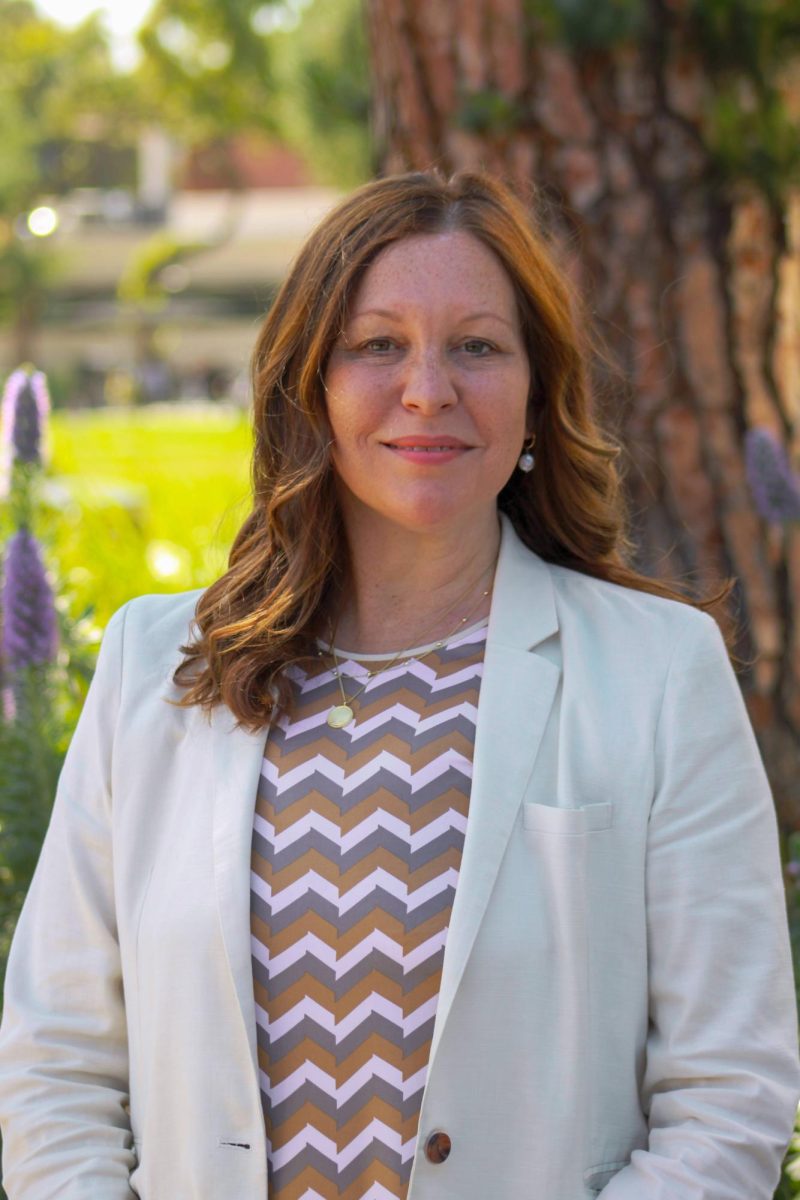Assistant Features Editor
Where vast lakes once sat only a land of dry cracked ground remain under a blue sky. Yards are dead with only weeds and water is limited. The fire season increased burning homes, row after row leaving people homeless and vulnerable.
A panel of three speakers addressed the issues of the drought, climate change and California’s water.
CSU Bakersfield’s Walter Stiern Dezember Reading Room was filled with students and some adults to hear the panel speak on issues affect the environment.
Environmentalist and journalist Jane Braxton Little spoke about the effects of the drought on forest fires she has studied.
Aerial surveys estimate that 58 million trees were dead and more were likely to die over the years. 41 sq. miles of forest are experiencing vulnerability between the years of 2011 to 2015.
A trend Little noticed was that the fire seasons had lengthening 21 percent globally. The more fires the more carbon is released into the air which as a strong connection to the climate change.
“2015 was the warmest year on record,” Little said, “and was the greater number of rain-free day on vegetated land.”
Little explained that adaption was the way to connect and understand the environment. After the fires she found that new life returns with the bug to be first to appear and the bird next who feast upon the insects and bugs.
Vegetation began to take place where the old had died.
Geology major Maryanne Bobbitt was stunned to learn about some of the information Little spoke of. (did she say stunned or is this something
“It was interesting of the percentage of how many trees are dying,” Bobbitt said.
CSU Bakersfield geologist Brian Pitts who teaches the course “Water in the West.” Pitts touched on the topic of water rights issues which ties into the drought.
“Everybody in California hates the drought but not everyone hates the system,” Pitts said.
Pitts dove deep into California’s history and its current issue with the drought. Going into the 1800s with the gold rush and miners coming to search for gold throughout the mountains.
“Gold miners (49ers) worked in a legal and societal vacuum and took whatever they thought they needed,” Pitt said.
Geology major Kristin Koehler was surprised when hearing “how rapid Tulare Lake was drained was interesting.
The miners actions preceded the law and they used a lot of water searching hard for gold.
“The 49ers played a huge role in the drought. It was interesting to know they were hydro-blasting,” said Bobbitt.
The last to speak was Robert Negrini another geologist from CSUB. He ended the presentation with the discussion of streamflow in California.
Many students after the discussion rose up their hands to get their questions answered.
“Change has happened,” Pitts said.
He agreed with Little that the public needs to figure ways to adapt without harming the environment.






